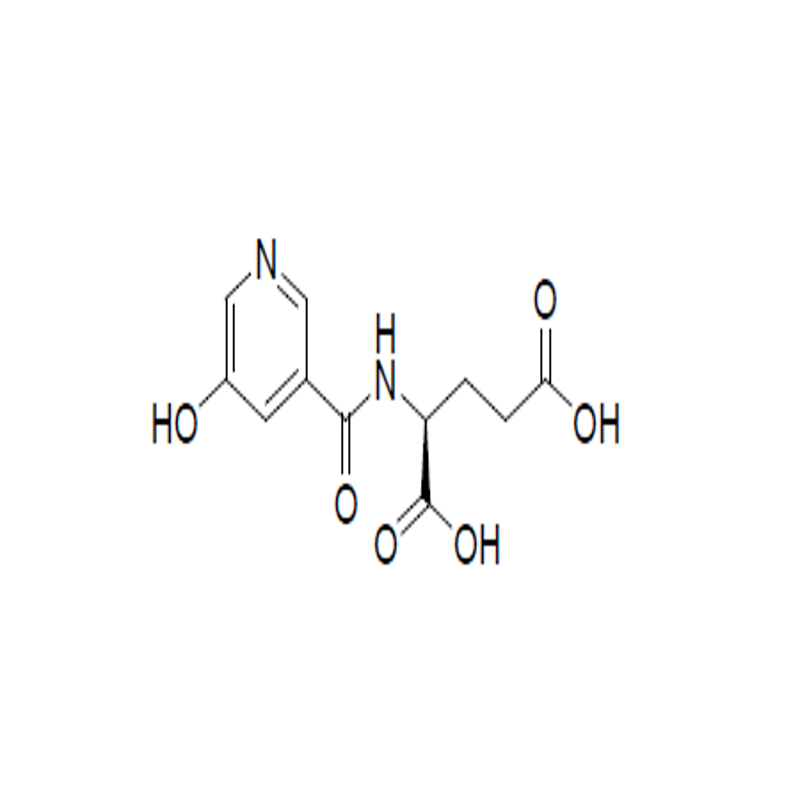-
Categories
-
Pharmaceutical Intermediates
-
Active Pharmaceutical Ingredients
-
Food Additives
- Industrial Coatings
- Agrochemicals
- Dyes and Pigments
- Surfactant
- Flavors and Fragrances
- Chemical Reagents
- Catalyst and Auxiliary
- Natural Products
- Inorganic Chemistry
-
Organic Chemistry
-
Biochemical Engineering
- Analytical Chemistry
- Cosmetic Ingredient
-
Pharmaceutical Intermediates
Promotion
ECHEMI Mall
Wholesale
Weekly Price
Exhibition
News
-
Trade Service
Recently, the resource insect biology and feeding team of the Institute of Bees of the Chinese Academy of Agricultural Sciences compared the proteomic differences between the high-yield bees (Apis mellifera liguatica) of royal jelly (Apis mellifera liguatica) and the Italian bees (Apis mellifera liguatica) feeding the salivary glands and thymus glands, revealing the molecular basis of the salivary glands regulating the high yield of royal jelly, providing a basis
for the analysis of the mechanism of high production of royal jelly.
The relevant research results were published in China Agricultural Science
.
for the analysis of the mechanism of high production of royal jelly.
The relevant research results were published in China Agricultural Science
.
Royal jelly (RJ) is a yellowish slurry secreted by the common pharyngeal gland, mandibular gland, and salivary gland that feed the bee's head
.
The salivary gland is divided into two parts: the cephalic and thymus glands, of which the cephalic salivary gland is the main volatile compound and pheromone repository of bees, which plays an important role
in the regulation of many behaviors of bees.
The thymus salivary gland mainly secretes invertase, which plays an important role
in honey conversion.
In addition, the cephalic salivary glands play an important role
in the formation of royal jelly lipids and the regulation of gland secretion function.
However, a large number of studies have been conducted previously around the secretory glands of royal jelly, and there has been less
research on the salivary glands in regulating the secretion and functional components of royal jelly.
In this study, the salivary gland proteome expression profile and function
of the plasma bee and the Italian bee were compared.
The results show that the salivary glands of plasma bees and wasps have similar core proteomes to ensure the synthesis and secretion
of royal jelly proteins, pheromones and invertase.
After long-term breeding, the molecular basis of the salivary glands of plasma bees and wasps is different, the salivary glands of the plasma bees feed bees are more sympathetic to the protein synthesis of bees, the metabolism of amino acids is exuberant, the cell energy supply, stress resistance is strengthened and secreted proteins are generally upregulated and expressed in the salivary glands of the plasma bees, which provides a more durable and efficient protein synthesis system for the plasma bees, and promotes the high yield
of royal jelly.
.
The salivary gland is divided into two parts: the cephalic and thymus glands, of which the cephalic salivary gland is the main volatile compound and pheromone repository of bees, which plays an important role
in the regulation of many behaviors of bees.
The thymus salivary gland mainly secretes invertase, which plays an important role
in honey conversion.
In addition, the cephalic salivary glands play an important role
in the formation of royal jelly lipids and the regulation of gland secretion function.
However, a large number of studies have been conducted previously around the secretory glands of royal jelly, and there has been less
research on the salivary glands in regulating the secretion and functional components of royal jelly.
In this study, the salivary gland proteome expression profile and function
of the plasma bee and the Italian bee were compared.
The results show that the salivary glands of plasma bees and wasps have similar core proteomes to ensure the synthesis and secretion
of royal jelly proteins, pheromones and invertase.
After long-term breeding, the molecular basis of the salivary glands of plasma bees and wasps is different, the salivary glands of the plasma bees feed bees are more sympathetic to the protein synthesis of bees, the metabolism of amino acids is exuberant, the cell energy supply, stress resistance is strengthened and secreted proteins are generally upregulated and expressed in the salivary glands of the plasma bees, which provides a more durable and efficient protein synthesis system for the plasma bees, and promotes the high yield
of royal jelly.
The research was supported
by the Open Fund of the Key Laboratory of Pollinating Insect Biology of the Ministry of Agriculture and Rural Affairs, the National Natural Science Foundation of China and the National Bee Industry Technology System.
by the Open Fund of the Key Laboratory of Pollinating Insect Biology of the Ministry of Agriculture and Rural Affairs, the National Natural Science Foundation of China and the National Bee Industry Technology System.
Original link:
https://doi.
org/10.
3864/j.
issn.
0578-1752.
2022.
13.
015
org/10.
3864/j.
issn.
0578-1752.
2022.
13.
015







